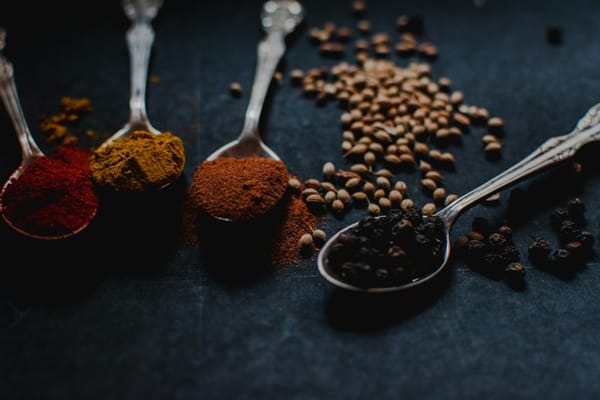For centuries, people have turned to natural herbal remedies to treat everyday health issues. While modern medicine has made incredible advances, many are rediscovering the healing power of plants. Herbal remedies can offer gentle, effective relief for common ailments without the side effects of some pharmaceuticals. Let's explore some of nature's time-tested cures backed by scientific research.
Key takeaways:
• Herbal remedies have been used for thousands of years to treat common health issues
• Many herbs have proven medicinal properties supported by modern research
• Natural remedies can be effective for issues like colds, digestive problems, and minor pain
• Always consult a doctor before using herbal treatments, especially if taking other medications
• Quality and purity of herbal products is important for safety and efficacy
Herbal remedies for colds and flu
When it comes to fighting off seasonal illnesses, several herbs show promise. Echinacea has long been used to boost immunity and reduce cold symptoms. Studies indicate it may shorten the duration of colds by 1-4 days[1]. Elderberry is another powerful antiviral herb. Research shows elderberry syrup can reduce the severity and length of flu symptoms[2].
For coughs and congestion, thyme tea acts as a natural expectorant. Its compounds help loosen mucus and soothe irritated airways[3]. Ginger tea provides warming relief for sore throats while potentially reducing inflammation.
Digestive support from nature
Many herbs can help soothe an upset stomach or aid digestion. Peppermint is well-known for easing nausea, bloating, and indigestion. Studies show peppermint oil capsules can reduce symptoms of irritable bowel syndrome (IBS)[4].
Ginger is another go-to for nausea relief, especially related to pregnancy or motion sickness. Its active compounds help relax the digestive tract[5]. For occasional constipation, senna provides gentle laxative effects to get things moving.
Natural pain relief options
For minor aches and pains, several herbs offer natural analgesic properties. Willow bark contains salicin, a compound similar to aspirin. Studies show it can help relieve lower back pain[6]. Turmeric is a potent anti-inflammatory herb that may ease arthritis pain and swelling[7].
Topically, arnica gel or cream can help soothe sore muscles and reduce bruising. Research indicates it's as effective as ibuprofen gel for osteoarthritis pain[8].
Conclusion
While herbal remedies can be highly effective for many common ailments, it's important to use them wisely. Always purchase herbs from reputable sources and follow dosage guidelines. Certain herbs may interact with medications or have side effects, so consult a healthcare provider before use. When used appropriately, nature's pharmacy offers gentle healing power to complement modern medicine.
For more information on using herbal remedies safely and effectively, speak with a qualified herbalist or naturopathic doctor. They can provide personalized guidance on harnessing the healing potential of plants for your unique health needs.
References:
[1] Shah SA, et al. Evaluation of echinacea for the prevention and treatment of the common cold: a meta-analysis. Lancet Infect Dis. 2007;7(7):473-480.
[2] Zakay-Rones Z, et al. Randomized study of the efficacy and safety of oral elderberry extract in the treatment of influenza A and B virus infections. J Int Med Res. 2004;32(2):132-140.
[3] Kemmerich B, et al. Efficacy and tolerability of a fluid extract combination of thyme herb and ivy leaves and matched placebo in adults suffering from acute bronchitis with productive cough. A prospective, double-blind, placebo-controlled clinical trial. Arzneimittelforschung. 2006;56(9):652-660.
[4] Khanna R, et al. Peppermint oil for the treatment of irritable bowel syndrome: a systematic review and meta-analysis. J Clin Gastroenterol. 2014;48(6):505-512.
[5] Ernst E, Pittler MH. Efficacy of ginger for nausea and vomiting: a systematic review of randomized clinical trials. Br J Anaesth. 2000;84(3):367-371.
[6] Chrubasik S, et al. Treatment of low back pain exacerbations with willow bark extract: a randomized double-blind study. Am J Med. 2000;109(1):9-14.
[7] Daily JW, et al. Efficacy of turmeric extracts and curcumin for alleviating the symptoms of joint arthritis: a systematic review and meta-analysis of randomized clinical trials. J Med Food. 2016;19(8):717-729.
[8] Cameron M, Chrubasik S. Topical herbal therapies for treating osteoarthritis. Cochrane Database Syst Rev. 2013;(5):CD010538.















Member discussion